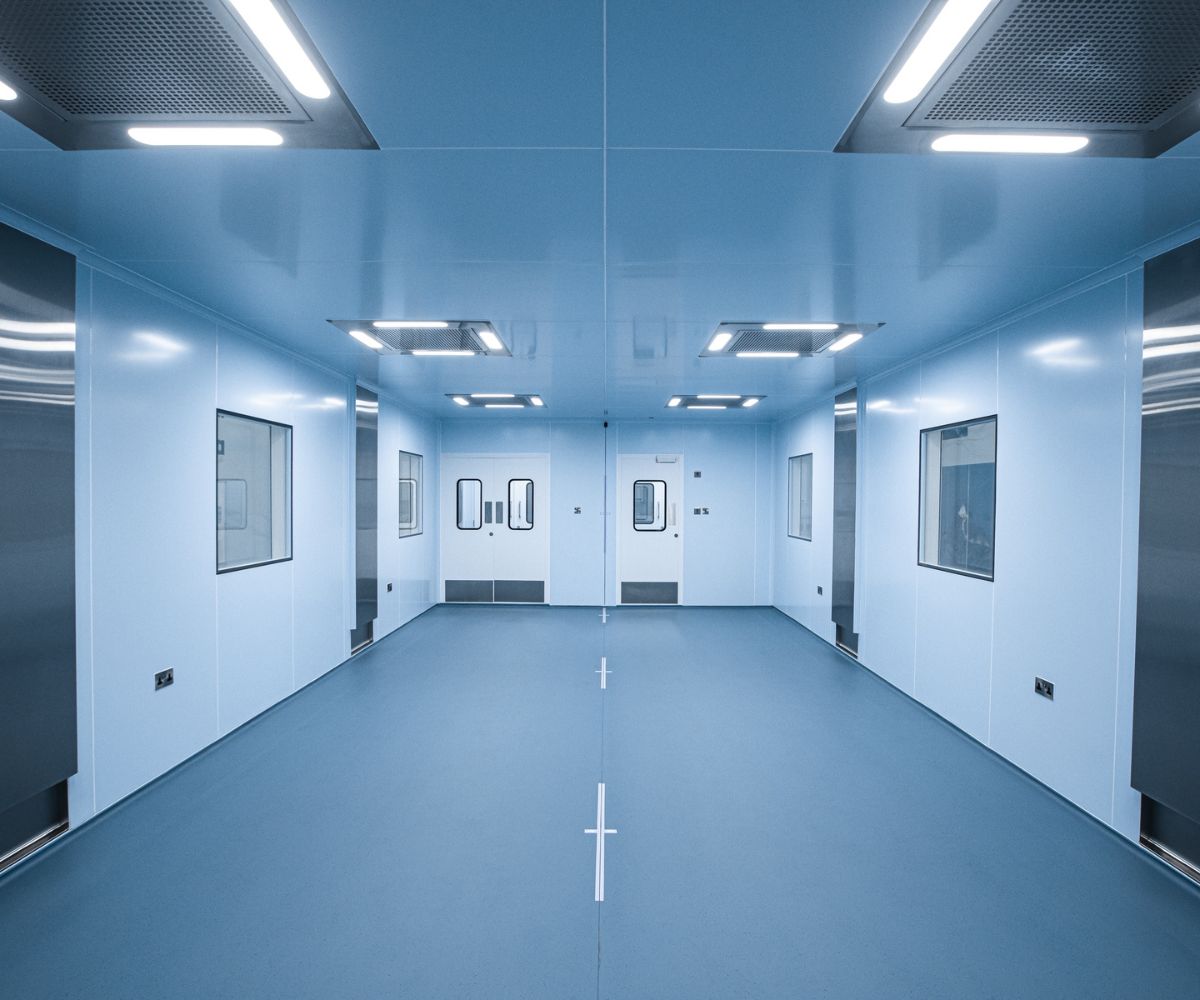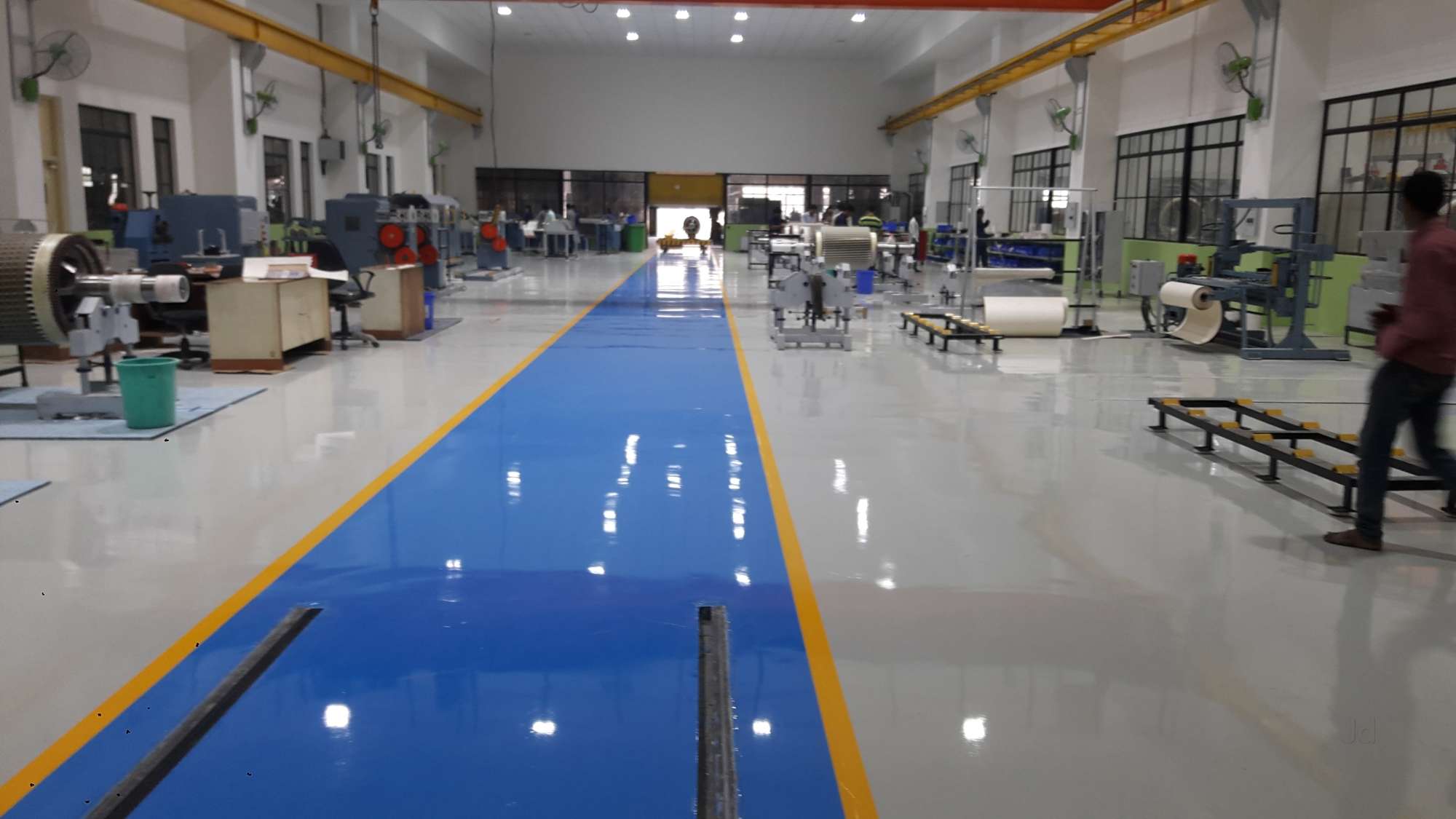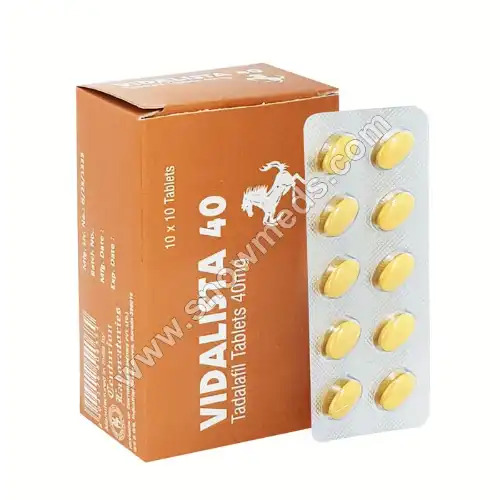In the world of manufacturing, pharmaceuticals, biotechnology, electronics, and other precision industries, maintaining a clean and controlled environment is critical to ensuring product quality and safety. Contamination, whether in the form of dust, bacteria, or chemical particles, can wreak havoc on delicate processes. This is where cleanrooms come into play. However, with the advent of modular cleanroom technology, companies are now able to achieve the same levels of cleanliness and precision with greater flexibility and cost-effectiveness. But what exactly is a modular cleanroom, and why are these systems becoming increasingly popular? Let’s take a closer look.
What is a Modular Cleanroom?
A cleanroom is a controlled environment that limits the presence of airborne particles, microbes, and other contaminants. Typically used in industries such as pharmaceuticals, biotechnology, electronics manufacturing, and even aerospace, cleanrooms are designed to provide a sterile and contaminant-free space for sensitive operations.
A modular cleanroom, on the other hand, is a prefabricated, flexible system that can be assembled and reassembled quickly. These cleanrooms are made up of standardized, pre-engineered components like walls, ceilings, floors, and air handling systems. The modular approach allows companies to build cleanrooms that can be customized to their specific requirements, with the ability to expand, relocate, or modify the space as needed.
In contrast to traditional cleanrooms that are constructed on-site with complex building materials, modular cleanrooms offer a much more agile solution. By using standardized components, modular cleanrooms can be designed to meet the stringent cleanliness standards required by industries such as medical device production, pharmaceutical manufacturing, and semiconductor fabrication.
The Key Benefits of Modular Cleanrooms
1. Flexibility and Scalability
One of the standout features of modular cleanrooms is their flexibility. Traditional cleanrooms can be difficult and expensive to modify once they are built. Modular cleanrooms, on the other hand, can be easily expanded or reconfigured to accommodate growing needs. Whether your business needs a larger cleanroom space, or you need to create a smaller, more specialized environment, modular cleanrooms offer the adaptability required to scale up or down without significant disruption or investment.
For example, if a pharmaceutical company needs to add a new production line, a modular cleanroom system can be reconfigured to house the new equipment and comply with updated regulations, all without the need for a major construction project.
2. Cost-Effectiveness
Building a traditional cleanroom from scratch can be a costly and time-consuming process. The materials, labour, and expertise required for a custom-built cleanroom can make it out of reach for some companies, particularly startups or small businesses. Modular cleanrooms, however, are much more affordable due to their standardized design and prefabricated components. This not only reduces the upfront costs but also shortens construction time, allowing businesses to set up operations quickly.
Additionally, because modular cleanrooms are reusable, they present a more sustainable option for businesses that may want to relocate or reconfigure their facilities in the future. Unlike traditional cleanrooms, which are often permanently built into the structure of a building, modular cleanrooms can be disassembled and reinstalled in a new location.
3. Rapid Installation and Minimal Downtime
When speed is of the essence, modular cleanrooms are a game changer. Their prefabricated nature allows for rapid installation, often reducing the construction timeline from several months to just a few weeks. For industries where time-to-market is a critical factor, this speed can be a significant competitive advantage.
Furthermore, because modular cleanrooms are designed to be portable, companies can reduce downtime during facility upgrades or relocations. The components of a modular cleanroom are easy to transport and install, ensuring that business operations can continue with minimal disruption.
4. Compliance with Industry Standards
Cleanrooms are subject to strict regulatory requirements, particularly in sectors like pharmaceuticals and medical devices. Modular cleanrooms are designed to meet the rigorous standards of cleanliness and air quality that these industries require. Many modular systems are certified to meet ISO standards (such as ISO 14644), which specify the maximum allowable levels of particles in the air.
Additionally, modular cleanrooms can be equipped with advanced air filtration systems, including HEPA (High-Efficiency Particulate Air) filters, UV lights for germicidal control, and humidity control systems, ensuring that the environment remains sterile and compliant with industry regulations.
5. Enhanced Performance and Energy Efficiency
Another major benefit of modular cleanrooms is their energy efficiency. Since the components are engineered to fit together precisely, these cleanrooms often require less energy to maintain optimal conditions. For instance, their airtight construction reduces the energy consumption needed for HVAC (heating, ventilation, and air conditioning) systems, which in turn lowers operational costs.
Additionally, many modular cleanroom systems are designed with smart technology that allows for precise monitoring and control of temperature, humidity, and air pressure. This level of control helps ensure that the cleanroom environment remains consistent, which is crucial for maintaining the quality of sensitive products.
Applications of Modular Cleanrooms
Modular cleanrooms have applications across a wide range of industries. Here are a few examples:
Pharmaceutical and Biotechnology
In the pharmaceutical and biotechnology industries, even small amounts of contamination can compromise product quality and patient safety. Modular cleanrooms allow companies to meet stringent regulatory requirements while also providing the flexibility to scale operations or create new production lines.
Electronics Manufacturing
The electronics industry requires highly controlled environments to manufacture components like semiconductors, microchips, and other sensitive electronics. A modular cleanroom is ideal for these environments, providing a contamination-free space to assemble intricate devices.
Medical Device Production
For medical device manufacturers, cleanliness and sterility are paramount. Modular cleanrooms can be designed to meet specific industry certifications and provide the ideal conditions for producing everything from surgical instruments to diagnostic devices.
Aerospace
The aerospace industry demands precision and cleanliness, particularly in the manufacturing of components that will be used in spacecraft or aircraft. Modular cleanrooms provide the perfect environment for assembling sensitive aerospace parts while ensuring compliance with industry standards.
Conclusion
The rise of modular cleanrooms has transformed the way industries approach the challenge of creating sterile and controlled environments. With benefits such as flexibility, scalability, cost-effectiveness, and speed of installation, modular cleanrooms offer businesses a more efficient and adaptable solution to meet their operational needs. Whether in pharmaceuticals, electronics, biotechnology, or aerospace, modular cleanrooms are enabling companies to maintain high standards of cleanliness and quality while also providing the flexibility to adapt and grow in a constantly changing market. In an era where precision and efficiency are key to success, modular cleanrooms are proving to be an indispensable tool for many industries.




